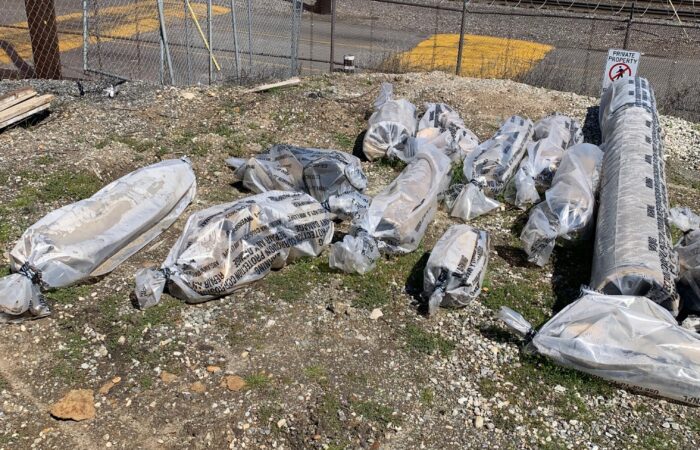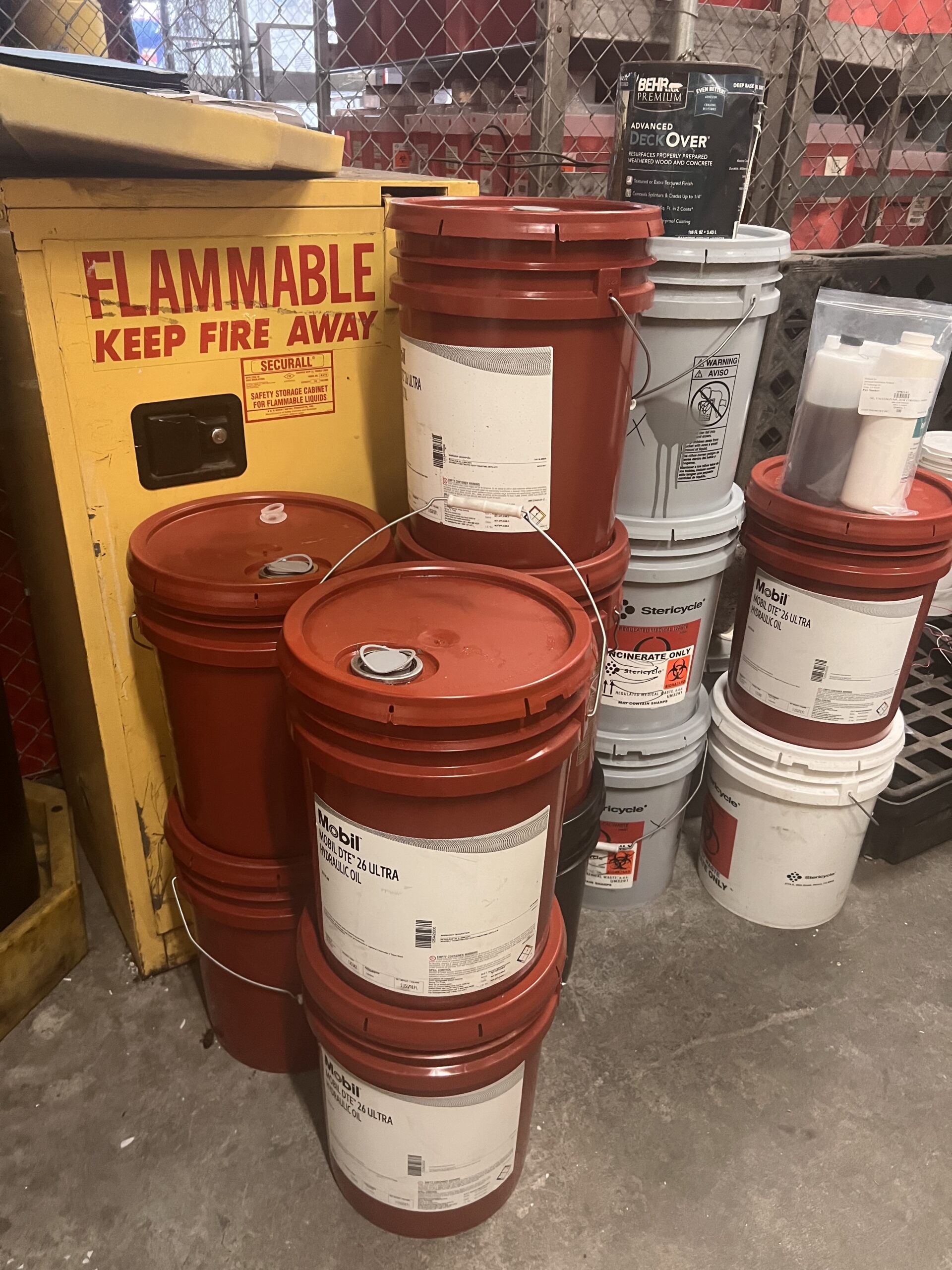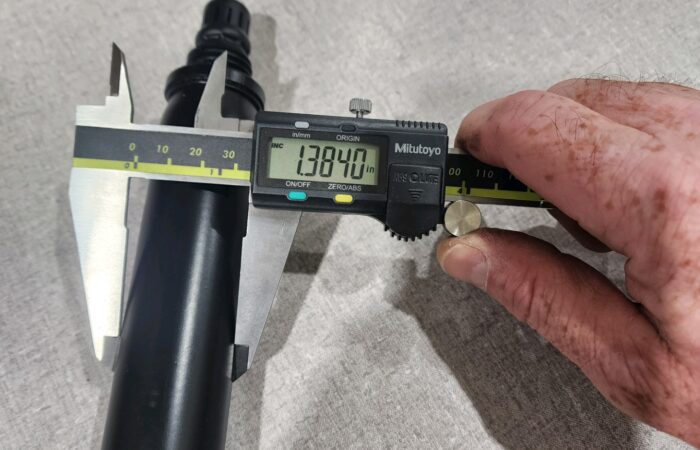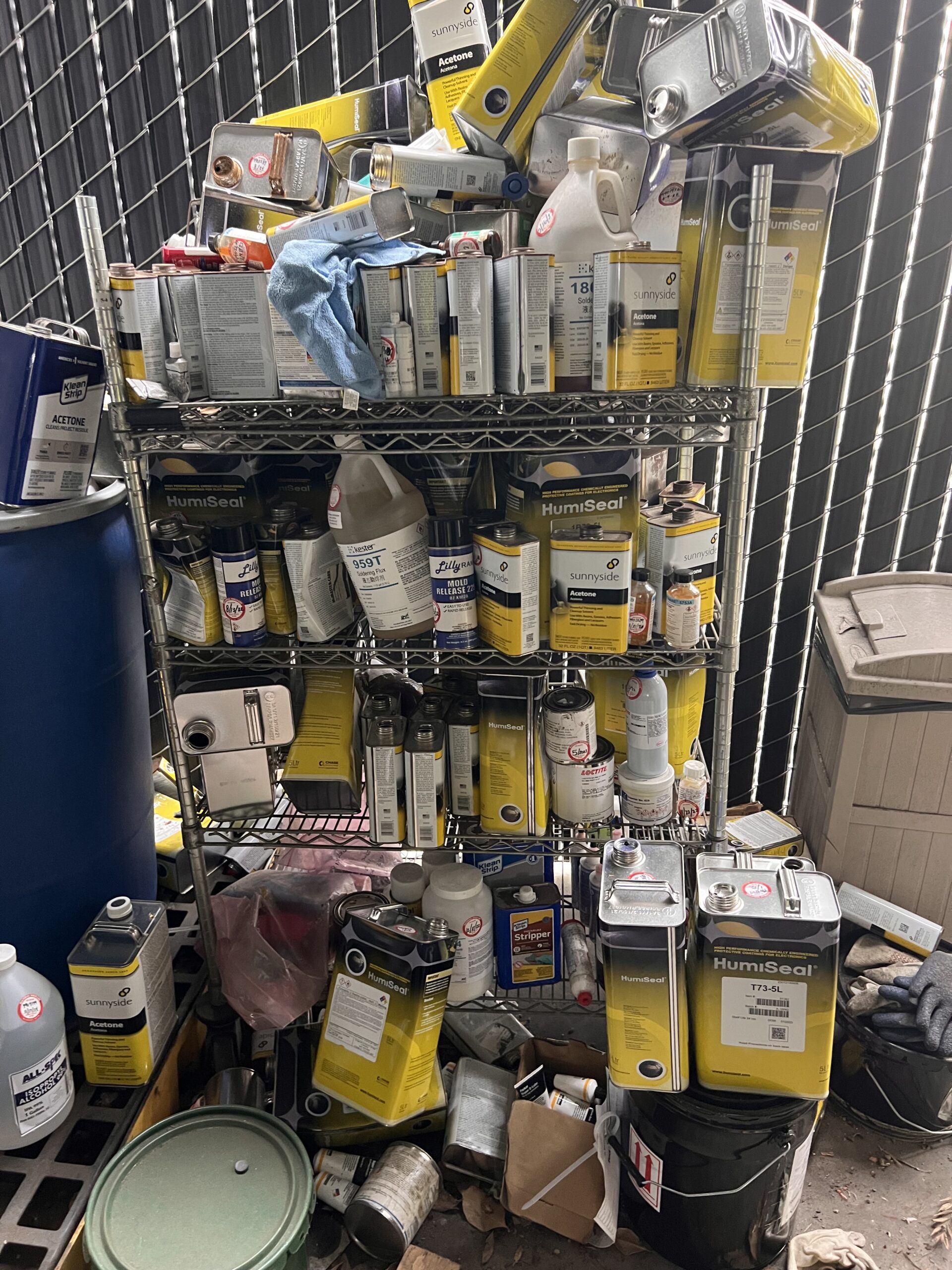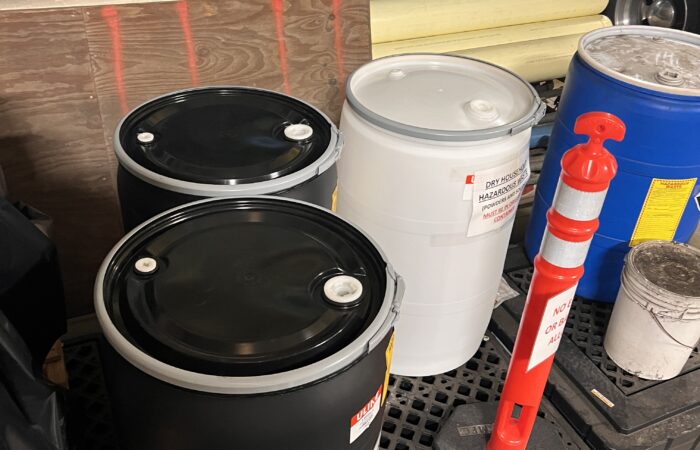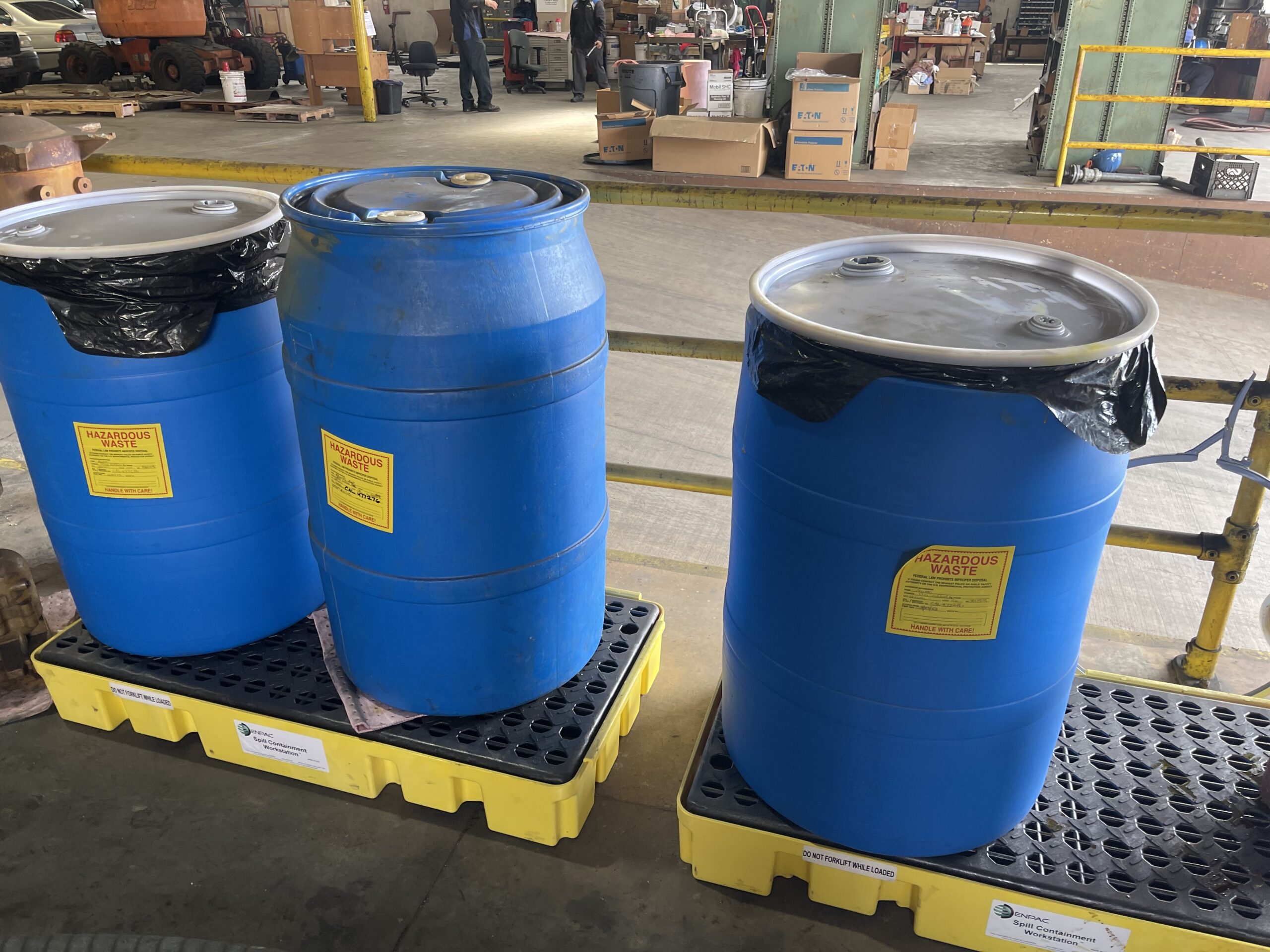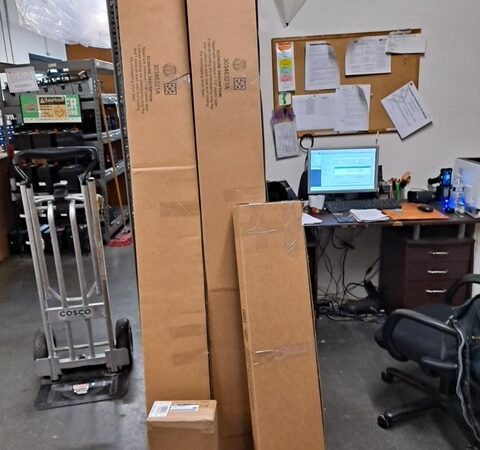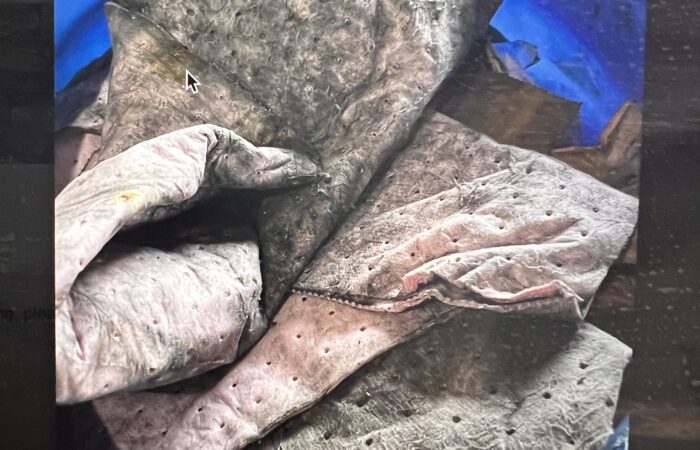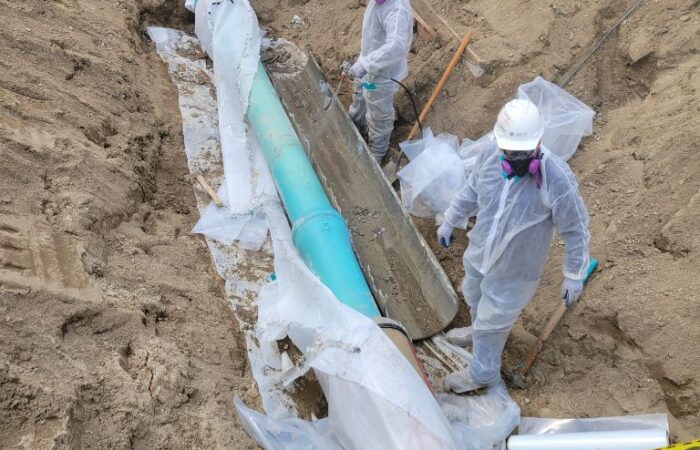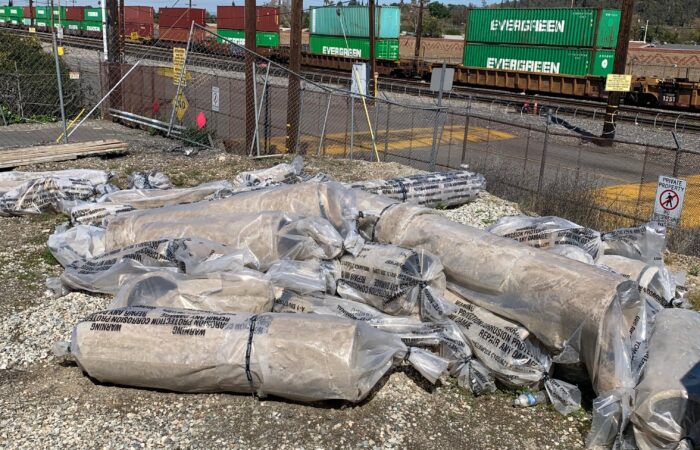- Home
- Services
- Waste Management Services
- Hazardous Waste Disposal Service
- Mass Containment Soil Mitigation
- Bio Waste Medical Services
- Commercial Hood Cleaning Service
- Electric Vehicle Lithium-ion Battery Recycling
- Treated Wood Waste Disposal
- Certified Product Waste Destruction Services
- Liquid Waste Removal
- Wastewater Disposal & Treatment
- Underground Tanks
- Asbestos Waste & Disposal Service
- Transite Pipe Removal
- Airbag Disposal
- Fluorescent Tube Pricing & Pickup
- Proper & Legal Disposals Of Nicotine Oils
- Shooting Range
- K12/Higher Education
- Paint Drop Off Locations
- Hazardous Waste
- Bio Waste
- Forms & Downloads
- Pickup Request
- EWD industrial Waste agreement 2020
- Waste Product Questionnaire Profile
- Generator’s Waste Profile Worksheet
- New Account Form
- Product Destruction Profile Worksheet
- Certificate of Destruction
- Office of Small Business & DVBE Services Cert
- Bio-Hazardous Waste Quote
- Non-Hazardous Profile Form
- Conditional Waiver & Release Form
- Lab Pack-Drum Inventory
- Credit Application
- Online Pre-Qualification Questionnaire
- Electric Vehicles Battery Pickup Request Form
- Request For Asbestos Disposal
- RULE 1166 Site Specific Mitigation Plan
- Rule 1166 Various Location Plan
- Fluorescent Tube Disposal Price List
- Medical Waste Tracking
- Bio Waste Transporter
- Business Certification Metropolitan Water District
- Facts
- Compliance

